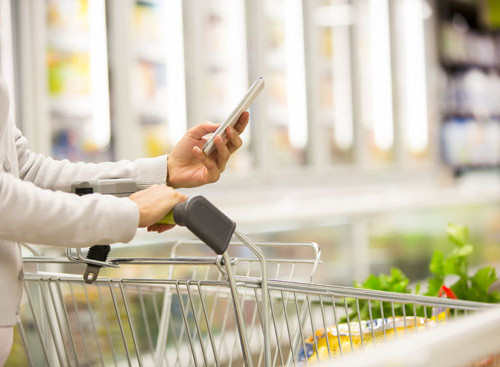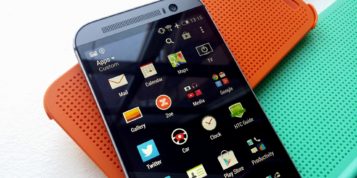Shopper loyalty or having shoppers that come back to you time and time again is the key to long term success for any FMCG brand. Being able to rely on a steady stream of income from a core of shoppers allows brands to invest in attracting new shoppers and developing new products. Loyal shoppers are also more likely to influence others to purchase the same product they use.
Many fear that the mass adoption of smartphones will make shoppers more informed, and more promiscuous as a result. While I agree that smartphones will fundamentally change shopper behaviour, I would argue that instead of being afraid that shoppers are becoming less loyal, brands are now in a perfect position to win their allegiances using mobile.
Before we consider how mobile can drive shopper loyalty we need to think first about what we mean by ‘loyalty’. Bruce McColl, Global CMO of Mars, was recently quoted as saying that the expectation of consumers to love a brand is “one step too far” and admitted that Mars is “not a big believer” of love and loyalty. McColl says that the real challenge comes in accepting that you won’t be loved and then realising how that insight might shape your marketing strategy.
So, while ‘loyalty’ might not be a realistic aim for most brands, the reality is that habitual purchasing is commonplace. It’s different for each individual and in each category; however, household panel or loyalty card data shows us that many shoppers buy the same brand time and time again. Instead of confusing this with true love, let’s consider how mobile can help brands drive shoppers to trial their products, and then to re-purchase, ultimately habitually.
Mobile can now do things for brands that previously only retailers could do. Mobile can be used to serve offers, communications and rewards to shoppers independent of the retailer. And mobile can do it better – in a way that is convenient for shoppers, tailored to the individual, and more efficient for brands.
Mobile is the shopper’s personal and permanent companion; it presents the opportunity for shoppers to engage with brands when and where they want. Mobile offers may be viewed in store, however they are much more likely to be viewed at home or whenever convenient. Most importantly, mobile offers and communications are targeted at the individual shopper based on their previous purchasing. Therein lies the opportunity for brands to serve relevance and encourage non-buyers to trial, and existing users to buy again, and again, and again.
For brands the benefits are obvious. Mobile enables brands to regain a bit of control from the retailer by communicating directly with shoppers which help to build a relationship over time, and target shoppers as individuals, serving relevant content, offers and rewards to each. There is a first mover advantage to be had for brands, and they can form a win-win relationship with shoppers – appealing to shoppers with offers tailored to their situation whilst reducing promotional spend with effective targeting.
Retailers will no doubt feel threatened, but they shouldn’t. Brands can’t succeed without the retailer and the large number of shoppers that frequent their stores every day. However, retailers can’t hold back the technology so they should embrace it and work with the brands to develop successful campaigns from which both brand and retailer will benefit. They can also adapt the technology and think how mobile offers can be used for their advantage. Mobile offers enable retailers to move away from large, untargeted in store promotions as a way of demonstrating value to shoppers and focus on activities that enhance the shopper experience and differentiate the retailer. Just as my kids can’t comprehend that I didn’t have a mobile phone when I was their age, will their children be equally incredulous about promotions in 2015 – “did retailers really make the same offer to everyone, regardless of their preferences or previous purchases?!”
Rather than create more promiscuous shoppers, mobile will help brands drive more repeat or habitual purchasing, and reduce their overall spend on promotions with efficient targeting. Personalised offers and rewards will engage shoppers more readily and, whilst they still might not fall in love with the brand, their relationship will be strengthened. The corollary is that it will become ever more difficult for brands to break through with shoppers and change behaviours. But there’s a role for mobile there too.






